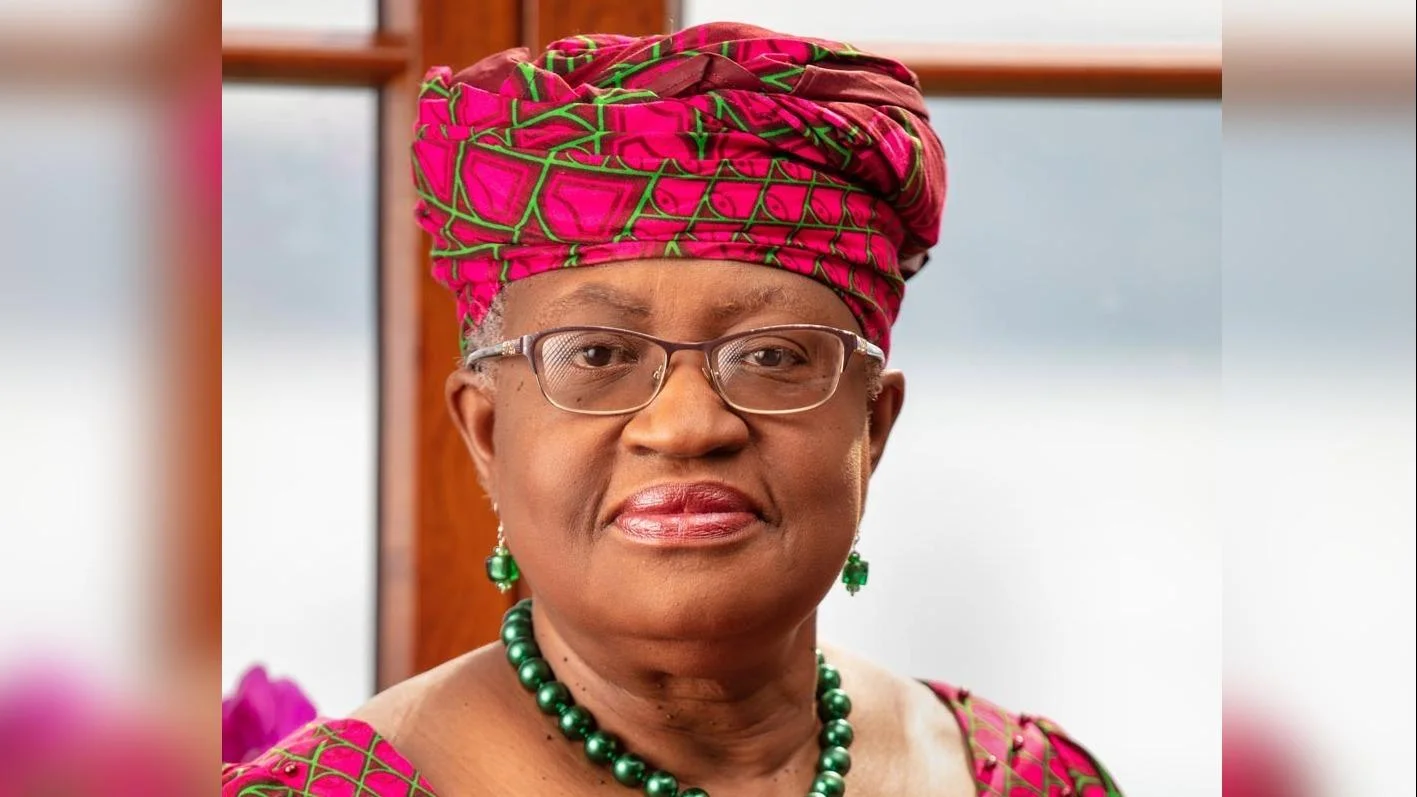The Chair, Ambassador Sofía Boza of Chile, reported on her consultations regarding the forthcoming review of the implementation of the TRIPS Agreement and responses from delegations to her written questions. She emphasized the need for a member-driven, flexible approach. Delegations highlighted the necessity for clarity, predictability, and compromise in the upcoming review process.
Some members stressed the importance of a thorough and structured review of the TRIPS Agreement, focusing on its implementation, scope, and effectiveness to ensure its continued relevance in the rapidly evolving global IP landscape. They suggested that this review should involve assessing current provisions and addressing new challenges and technological advances affecting IP rights.
Certain delegations emphasized national experiences regarding the implementation of the TRIPS Agreement, suggesting these experiences should serve as a starting point for the review. They underscored the necessity for further discussions to achieve a common understanding of members' expectations.
On the role of IP rights in preparing for future pandemics, members discussed IP measures in light of the COVID-19 pandemic. They highlighted the importance of being prepared for future health emergencies and ensuring equitable access to health products and technologies.
Members focused on lessons learned and challenges encountered during the COVID-19 pandemic, as requested by the Abu Dhabi Ministerial Declaration. Discussions included a submission by the United Kingdom on IP and technology transfer and a joint proposal from Bangladesh, Colombia, Egypt, and India addressing TRIPS-related issues.
A new development discussed was the adoption on 24 May of the WIPO Treaty on Intellectual Property, Genetic Resources and Associated Traditional Knowledge. This treaty incorporates provisions specifically for indigenous peoples and local communities. Key elements include a mandatory disclosure requirement for patent applicants whose inventions are based on genetic resources and associated traditional knowledge and establishing information systems such as databases for research and patent examination.
WIPO reported that this Treaty is designed to be compatible with other international agreements. It marks a significant advance in this area for WIPO and other international organizations in Geneva, showcasing innovation within an IP system that benefits all countries and communities. The Treaty has already received 35 signatures and will enter into force three months after 15 ratifications or accessions. The WIPO Secretariat conveyed its readiness to assist members with ratification processes and related matters.
Members expressed support for the Treaty, recognizing its potential to foster innovation while promoting biodiversity conservation and protecting traditional knowledge. Some delegations stressed ongoing discussions within the TRIPS Council to ensure alignment with broader international trade and IP frameworks. Additionally, there were discussions about raising IP awareness and fostering international cooperation to combat counterfeiting and piracy.
The WTO Secretariat updated members on TRIPS technical cooperation activities including regional workshops on trade and public health in Morocco, national workshops on TRIPS Agreement in Nigeria, and executive training programs held in Geneva. Upcoming activities include a regional colloquium for African IP educators in South Africa in August 2024 and a global workshop on trade and public health in Geneva between September-October 2024.
Under transparency mechanisms of the Agreement, several notifications of new or amended IP laws were received from members.
The next TRIPS Council meeting is scheduled for 6-7 November 2024.
###

